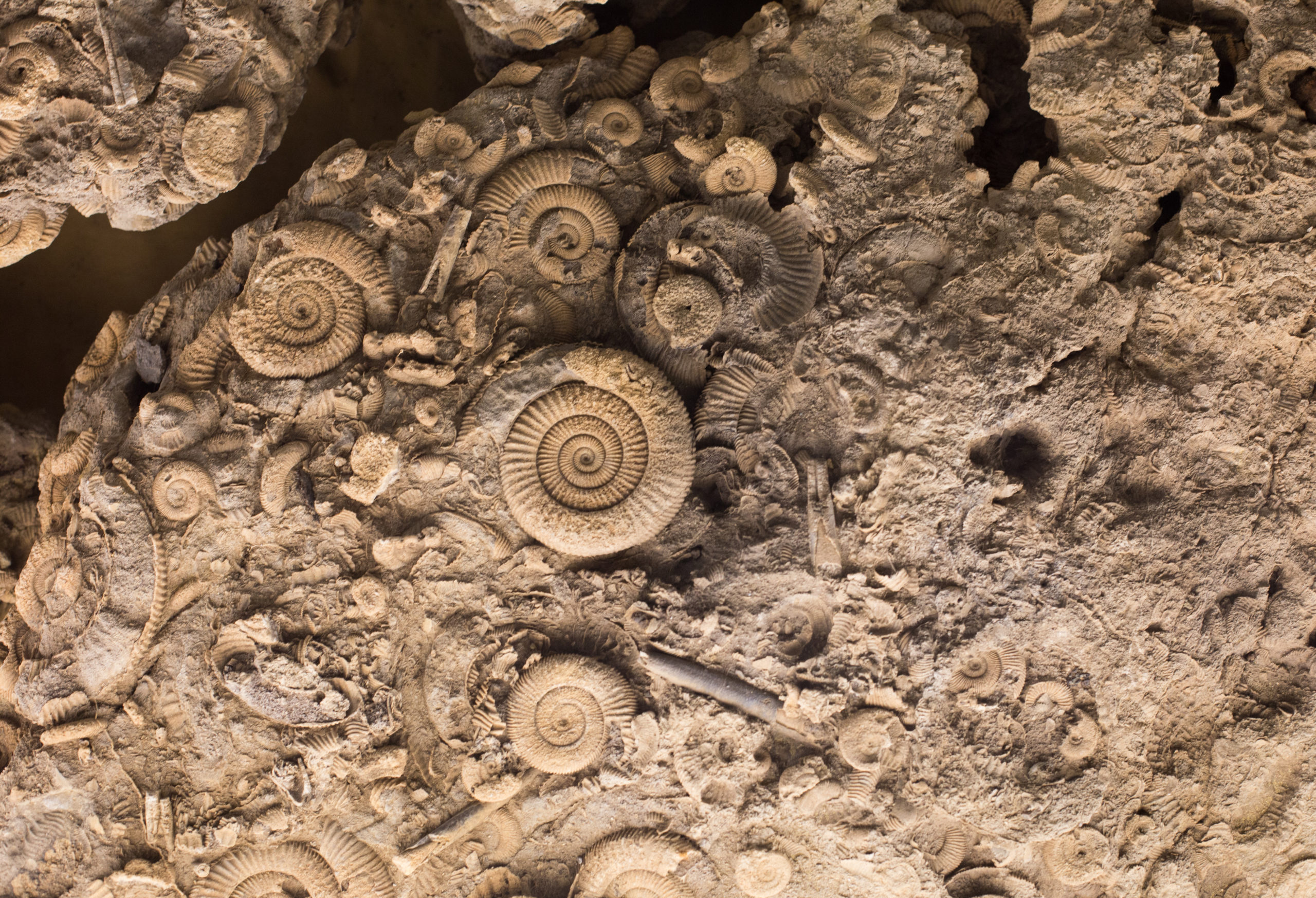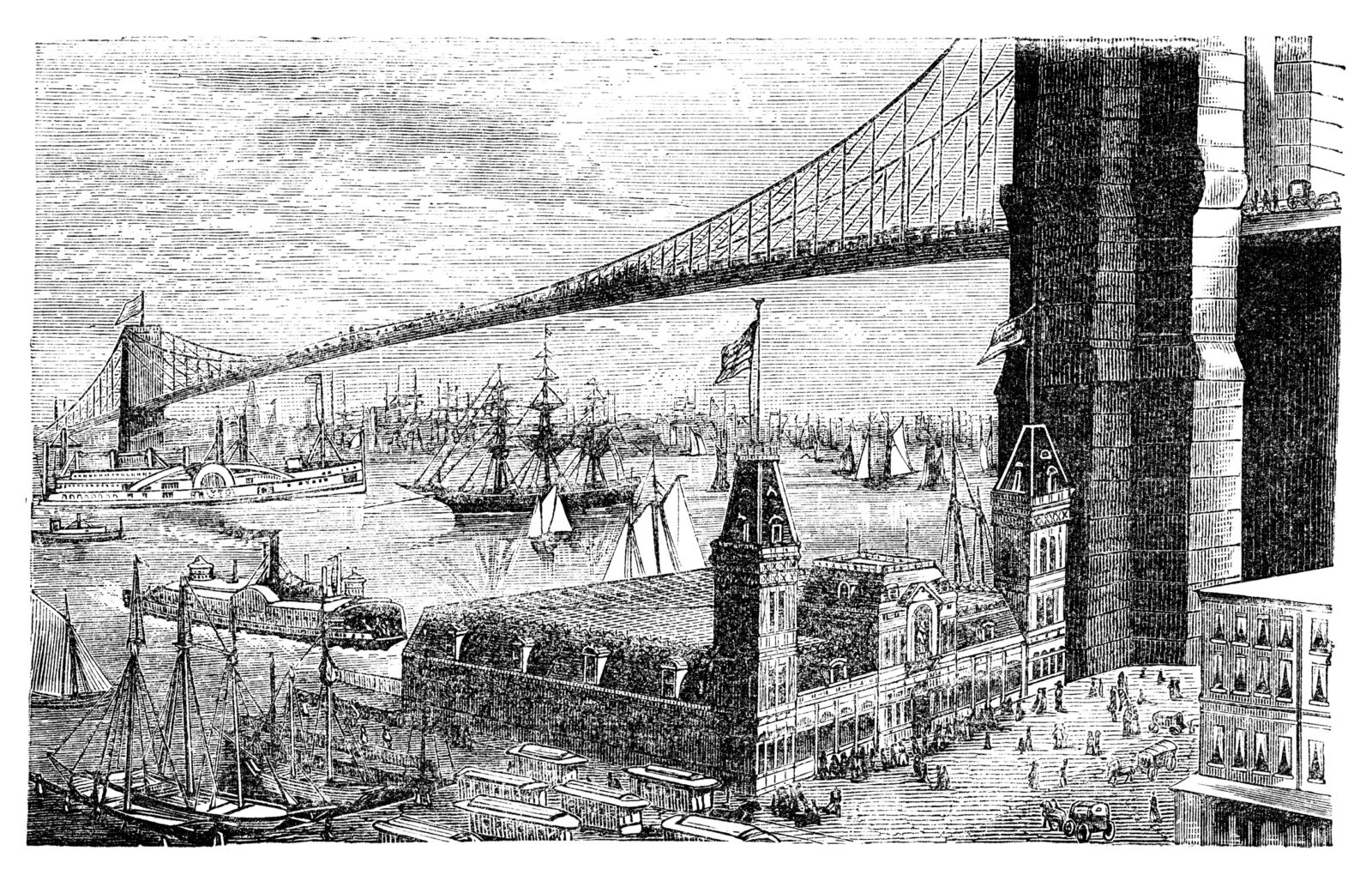To re-invigorate the economy
“It’s the economy, stupid.” This cry of the 1992 Clinton campaign now appears to be appropriate as we enter 2001. Recent data from the United States, and from the rest of the world as well, strongly indicates that global economic growth is rapidly declining. The economic situation requires quick action not only in the United States but also constructive action Read More ›

The Cambrian Explosion
Both Charles Darwin himself and contemporary neo-Darwinists such as Francisco Ayala, Richard Dawkins, and Richard Lewontin acknowledge that biological organisms appear to have been designed by an intelligence. Yet classical Darwinists and contemporary Darwinists alike have argued that what Francisco Ayala calls the “obvious design” of living things is only apparent. As Ayala, a former president of the American Association for the Advancement of Science, has explained: “The functional design of organisms and their features would therefore seem to argue for the existence of a designer. It was Darwin’s greatest accomplishment to show that the directive organization of living beings can be explained as the result of a natural process, natural selection, without any need to resort to a Creator or other external agent.”
According to Darwin and his contemporary followers, the mechanism of natural selection acting on random variation is sufficient to explain the origin of those features of life that once seemed to require explanation by reference to an intelligent or purposeful designer. Thus, according to Darwinists, the design hypothesis now represents an unnecessary and un-parsimonious explanation for the complexity and apparent design of living organisms. On these as well as methodological grounds contemporary biologists have generally excluded the design hypothesis from consideration as an explanation for the origin of biological form.
Read More ›Spy IQ

Against Sociobiology

Survival of the Fakest

Religion and the Constitution
This essay makes three main arguments: (1) By crafting a document that took seriously the fallibility of human nature, America’s Founders created a government that has withstood the political passions that have destroyed so many other regimes throughout human history. (2) By refusing to sanction even the hint of an official state religion in their new Constitution, the Founders encouraged Read More ›

Evangelical Reform in Early Nineteenth Century America
To American evangelicals, the new century seemed anything but hospitable. Many Americans had stopped going to church. Some openly doubted Christianity, preferring to place their hopes in reason alone rather than a God who intervenes in human affairs. The nation’s cities were turning into havens of crime, promiscuity, and alcoholism. Radical social reformers dotted the landscape, attracting enthusiastic interest, if Read More ›
21st-Century War Economics
“The Republicans don’t have a clue how bad the economy is,” a Democratic congressional aide told us one late October night, savoring the vision of a gavel in Dick Gephardt’s hand. Then, slowly, he broke into a wide smile, like a happy hijacker dreaming of seventy succulent virgin interns awaiting him in paradise. Chiefly in the business of appraising enterprise Read More ›